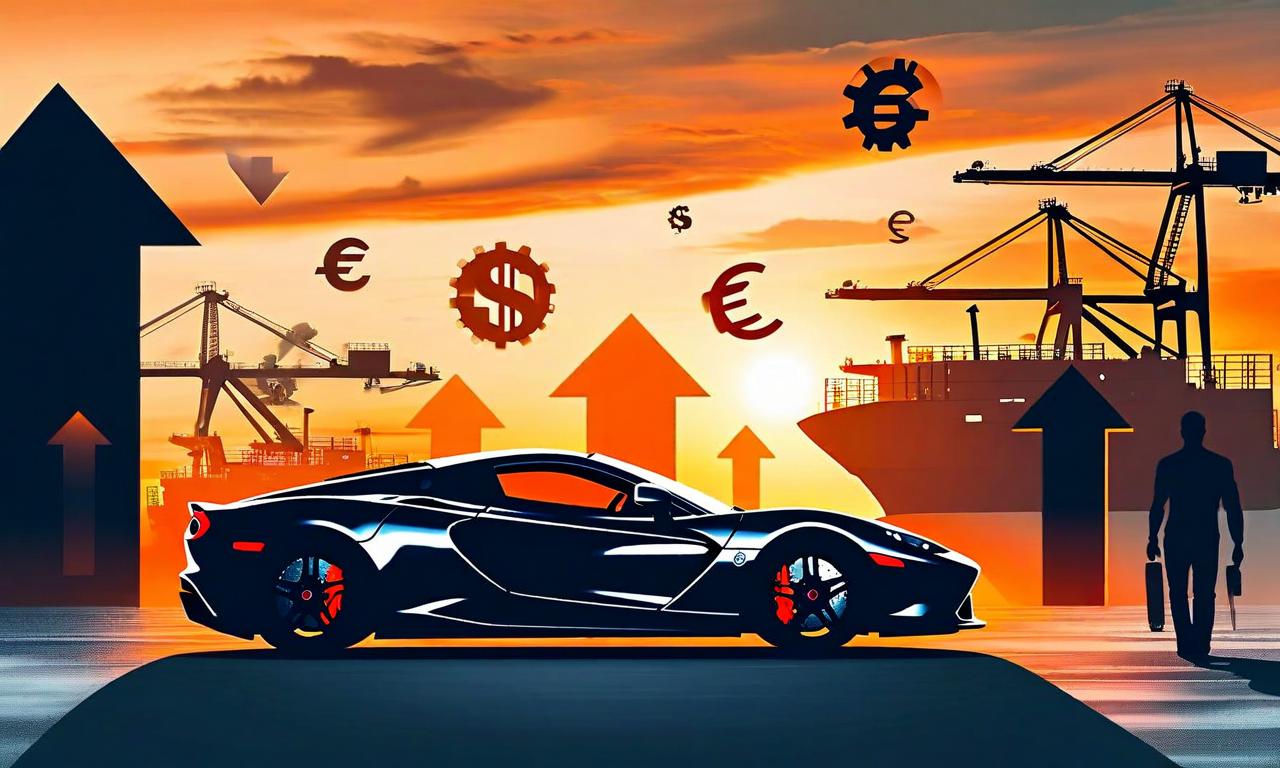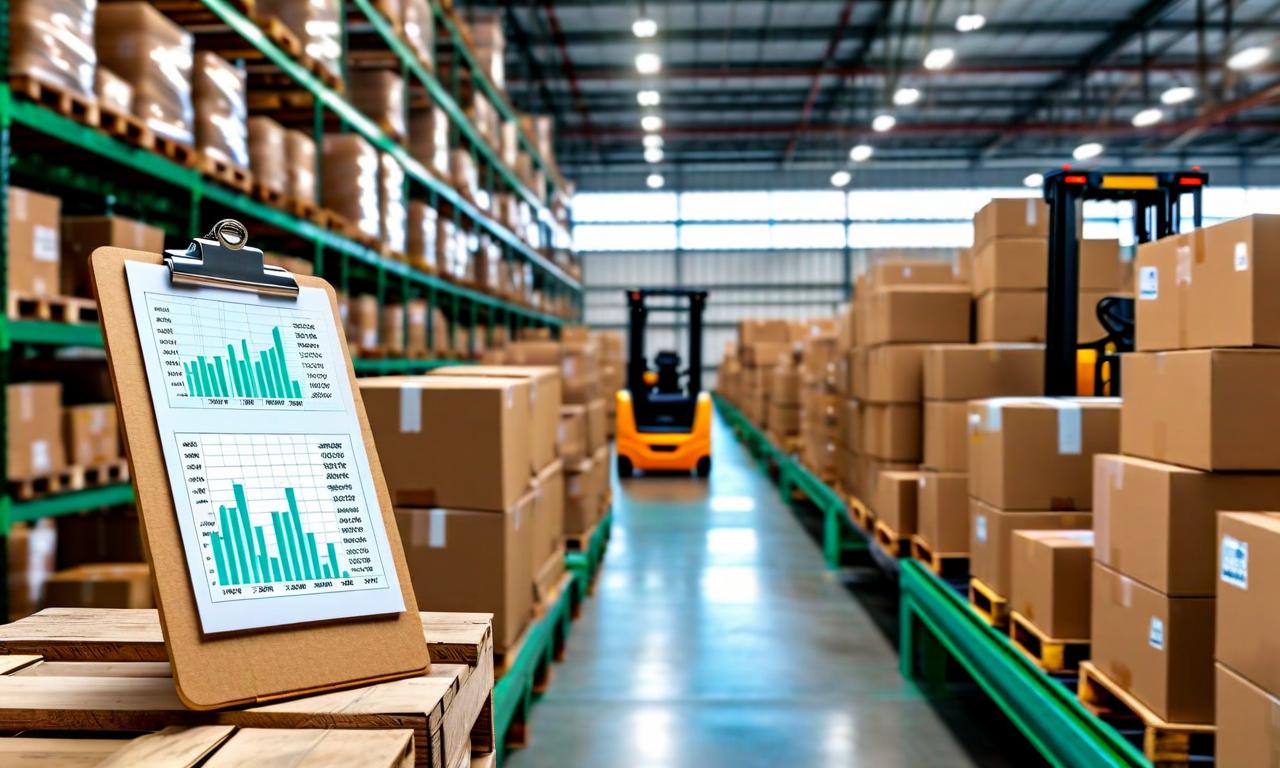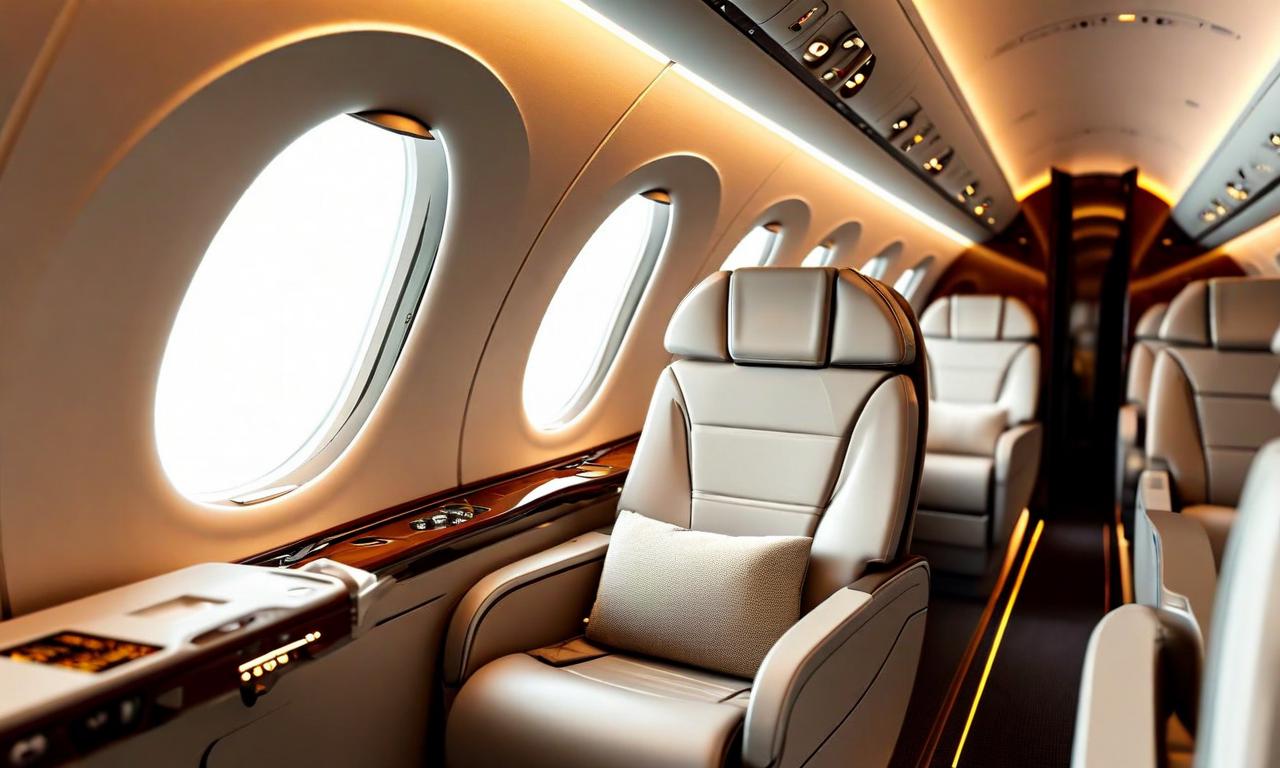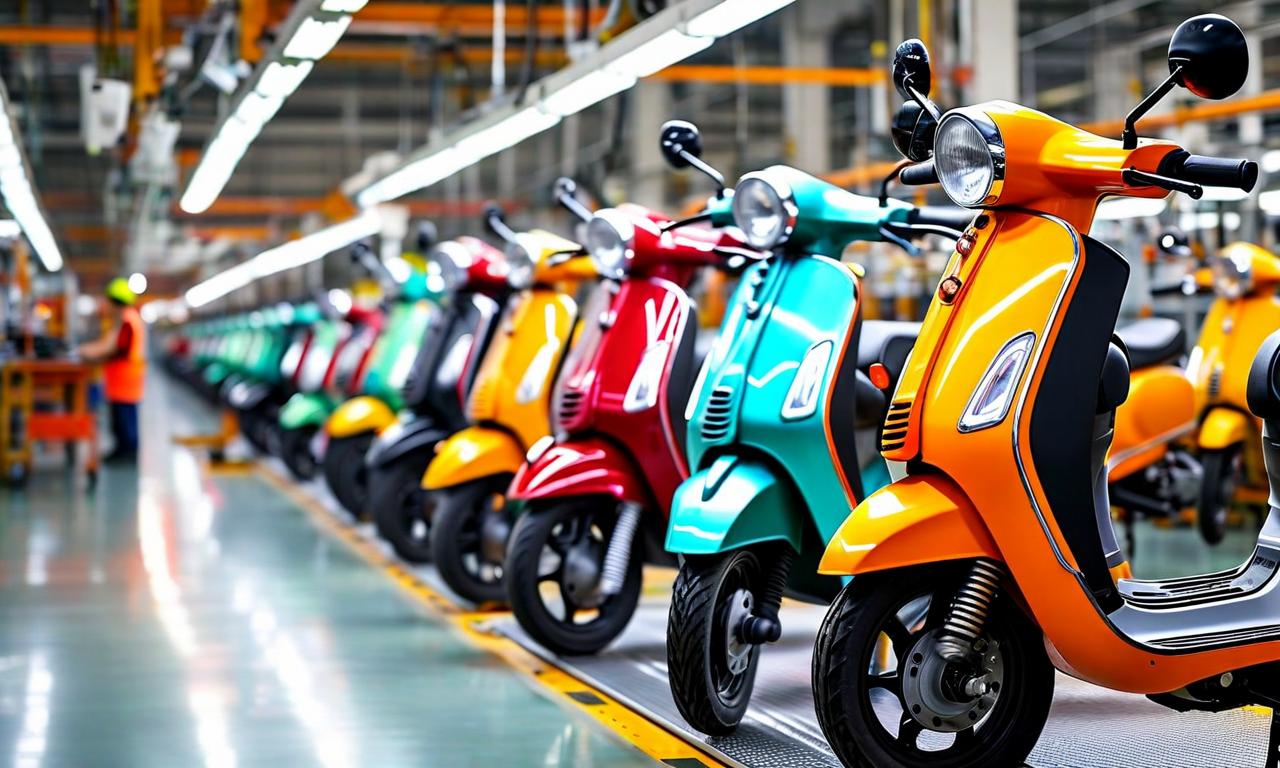Porsche and Aston Martin Hike US Prices Amid 15% EU Auto Tariffs
Porsche and Aston Martin have increased prices in the US market following a 15% tariff on EU-made cars. Porsche raised prices by 2.3% to 3.6% and cut its full-year profit target after a €420 million tariff impact. Aston Martin implemented incremental price increases and issued a profit warning. The tariffs are affecting the wider auto industry, with Ford reporting an $800 million hit and Nissan posting a $535 million loss. Mercedes-Benz expects long-term impact. Analysts predict larger carmakers may follow with price increases, potentially reshaping the US luxury car market.

*this image is generated using AI for illustrative purposes only.
European luxury automakers are feeling the pinch of recent trade tensions, with Porsche and Aston Martin implementing price increases in the US market following the introduction of a 15% tariff on EU-made cars in August.
Porsche's Strategic Response
Porsche , the German sports car manufacturer, has taken proactive measures to mitigate the impact of the new tariffs. The company raised its US prices by 2.3% to 3.6% in July, anticipating the tariff implementation. Despite these efforts, Porsche has been forced to revise its financial outlook, cutting its full-year profit target after reporting a substantial €420 million ($462 million) tariff impact in the first half of the year alone.
The Stuttgart-based automaker currently has no plans to shift production to the United States, a move that could potentially offset the tariff effects. This decision underscores the challenges faced by European luxury car manufacturers in maintaining their profit margins while preserving their brand identity and production quality.
Aston Martin's Incremental Approach
Aston Martin , the British luxury carmaker, has also responded to the new trade landscape. The company has implemented incremental price increases since last month to counter the effects of the tariffs. However, the impact extends beyond just the US market for Aston Martin. The combination of US tariffs and suppressed demand in Asian markets has led the company to issue a profit warning, signaling potential challenges ahead for the iconic brand.
Wider Impact on the Auto Industry
The ripple effects of these tariffs are being felt across the global automotive sector:
- Ford, the American automaker, reported an $800 million hit in the second quarter.
- Nissan, the Japanese car manufacturer, posted a significant $535 million quarterly loss.
- Mercedes-Benz, another German luxury car brand, is bracing for long-term impact. CEO Ola Kaellenius stated that the company is operating under the assumption that the 15% tariffs will remain in place, dismissing hopes for individual sector deals that might provide relief.
Industry Outlook
Analysts suggest that larger carmakers may follow suit with similar price increases in the second half of the year. This trend could reshape the competitive landscape of the US luxury car market, potentially affecting consumer choices and brand loyalties.
The situation highlights the complex interplay between international trade policies and the global automotive industry. As European luxury carmakers navigate these choppy waters, they face the challenge of balancing their prestigious brand images with the economic realities of increased tariffs and changing market dynamics.
For consumers, these developments may translate to higher prices for European luxury vehicles in the US market, potentially influencing purchasing decisions and opening opportunities for competitors less affected by the tariffs.
As the automotive industry continues to adapt to this new trade environment, the full impact of these tariffs on market shares, profitability, and consumer behavior remains to be seen. Stakeholders across the industry will be closely monitoring how these luxury brands navigate the challenges ahead.
























